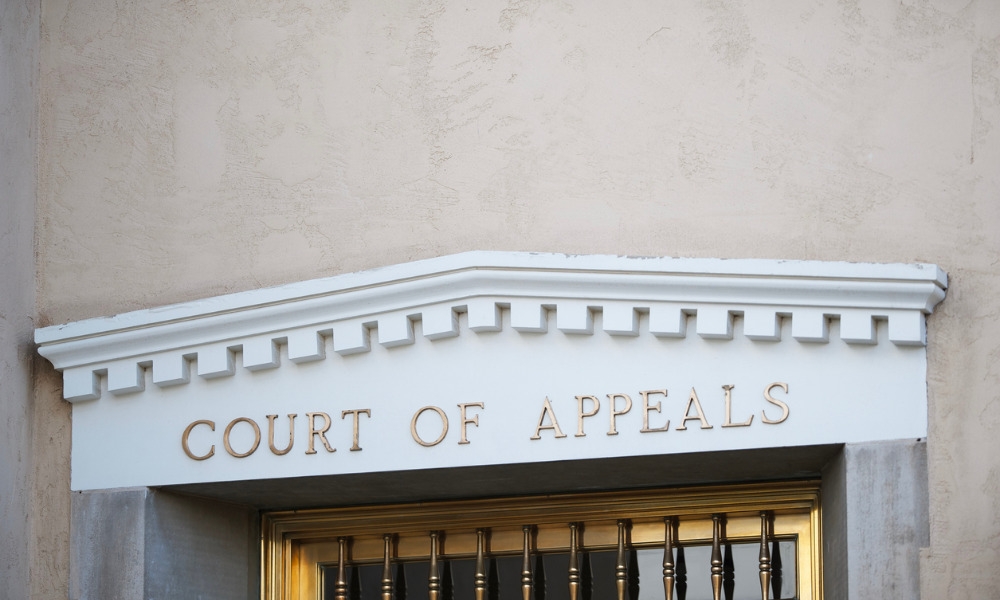High Court upholds liability for breach of contract in investment dispute

The High Court has found liability for breach of contract in the misappropriation of a US$150,000 investment in an investment dispute.
In Baker v Libeau [2024] NZHC 293, Robert Baker committed a significant investment into a commercial opportunity presented by Jean-Michel Libeau in 2015. Libeau intended to set up a company which would own the IP of other textile companies he controlled.
Baker claimed his investment was misappropriated, leading to a breach of contract regarding the establishment of Lincspun Tech Ltd, a company intended to consolidate these IPs.
The court heard that Baker was drawn to invest in the potential of Lincspun’s technology after discussions with Libeau. An agreement was made for Baker to invest US$150,000 for a 20% share in Lincspun Tech. However, issues arose with the misapplication of these funds, with Baker alleging that the investment was not used as agreed but was diverted for personal use by Libeau and other unauthorised expenses.
Baker filed claims of breach of contract, misrepresentation, and oppressive and unfairly discriminatory conduct under the Companies Act 1993. Libeau contended that the contract did not specify the direct transfer of funds to Lincspun Tech or any specific Lincspun company and that any non-transferred royalty income was used to cover legitimate expenses under the agreement.
The proceedings highlighted challenges in legal representation, discovery, and the application of interim freezing orders. Despite attempts at settlement, the case proceeded to a judgment that considered the allegations, defence, and the appropriate form of relief.
Ultimately, the court found Libeau in breach of the contract, particularly in the misapplication of Baker's investment. The judgment did not support Baker's claim for a significant payout based on the potential value of the IP but did order Libeau to repay the investment amount with interest. The court also declined to intervene in corporate governance matters, such as setting aside a global licensing agreement and claims for royalties and dividends, citing insufficient evidence and the complexities of corporate dividend policies.
The court’s decision underscored the importance of clear contractual agreements and parties' responsibilities in managing investments and corporate governance.








